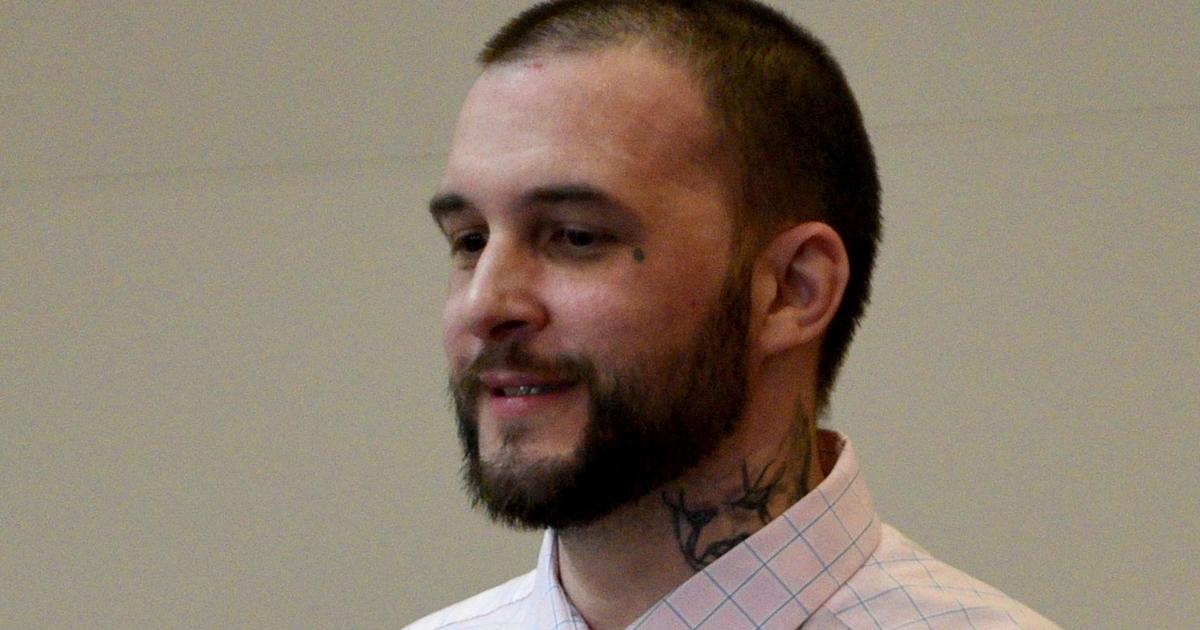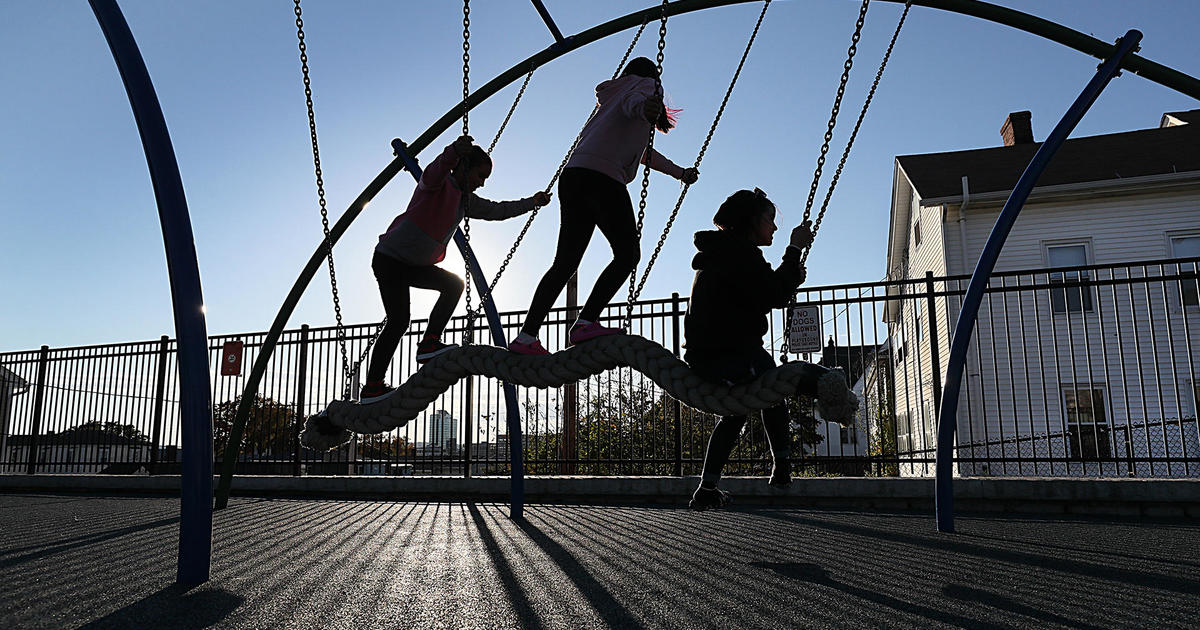Keller @ Large: President Trump Needs To Overcome Credibility Gap
BOSTON (CBS) -- President Trump has a problem - a large majority of Americans simply don't believe what he has to say about the most significant issue facing his administration.
A new NBC/Wall Street Journal survey shows 62% of respondents say the president has not been honest and truthful when it comes to the Russia investigation.
But he's far from the only president who has faced a nation of doubters.
You remember the old fable about the little boy who falsely cried wolf so often, no one believed him when the wolf was real? He's not the only historical figure to suffer from the toll dishonesty takes.
The term "credibility gap" first became popular in the 1960s when President Lyndon Johnson insisted on painting a rosy picture of a Vietnam War that voters increasingly saw as a disaster. The fallout cost Johnson a shot at a second full term.
The credibility of his successor, Richard Nixon, collapsed after the 1973 Watergate hearings. That paved the way for impeachment proceedings and, ultimately, Nixon's resignation.
While a credibility gap can be toxic politically, it doesn't always work that way.
President Carter drew high trustworthiness ratings, but low marks for performance.
Ditto for his predecessor, Gerald Ford.
But while President Clinton got caught in some spectacular lies about his personal life, his cratering personal ratings never seriously undermined his robust job approval. Same for President Obama, who managed to minimize the political damage from his credibility issues. (Remember: "If you like your current health insurance, you keep that insurance. Period, end of story"?)
So history shows that while a president can survive a big credibility gap, he can also be taken down by it. President Trump would do well to heed that lesson.



